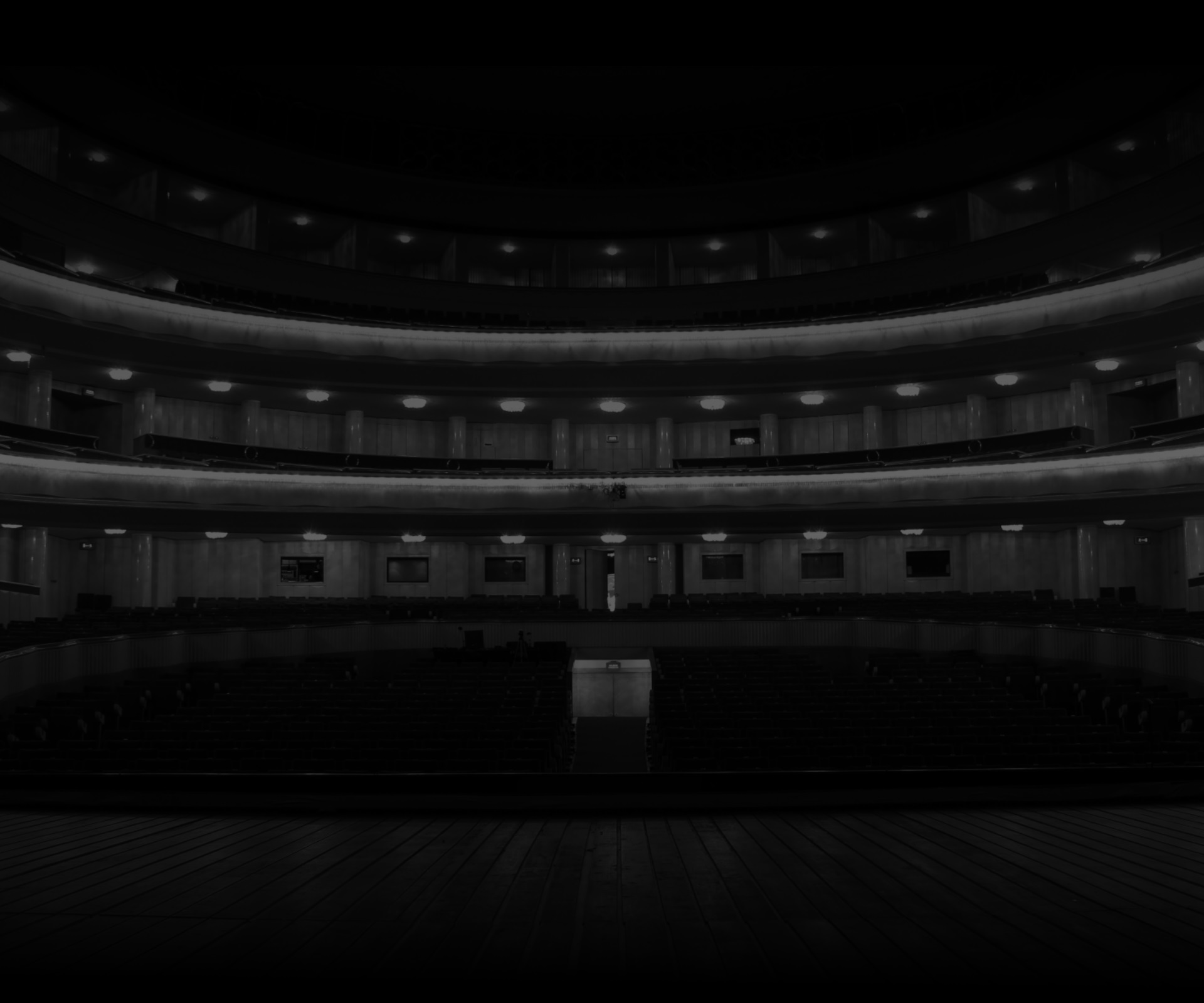
Stanisław Syrewicz was born in 1946 in Russia. He graduated from the Warsaw music academy and the directing department of the Warsaw dramatic arts academy. In the mid 1970s he got involved in theatre production: he composed a musical and staged Domenico Scarlatti’s opera Narcisio at the Teatr Wielki in Warsaw. At the time he also composed music to a few dozens of plays staged e.g. at Warsaw’s Powszechny and Narodowy theatres.
Stanisław Syrewicz is also a recognised composer of songs. Among the hits of his making are Śpiewać każdy może with lyrics by Jonasz Kofta, immortalised by Jerzy Stuhr’s rendition, or To nie ja with lyrics by Jacek Cygan, which Poland's pop singer Edyta Górniak performed at the 1994 Eurovision Song Contest, winning the second prize.
Stanisław Syrewicz is, however, first and foremost, a film composer. In 1979 he was engaged to work on a Polish-British TV series. The martial law introduced in Poland in 1981 got him stranded in Paris – the artist decided not to come back home. In 1982 he signed a contract with Island Records, becoming a composer of songs for Marianne Faithfull and Diane Keaton. He has written music to more than a hundred films, including productions directed by John Frankenheimer, Ken Russel, Ferdinand Fairfax, Andrzej Żuławski, and Jerzy Skolimowski. In 1994 he received the ACE Award for the score to Stalin featuring Robert Duvall.
For more than a dozen of yeas now Stanisław Syrewicz has been working both in Poland and abroad. At home he has lately composed the score to two popular TV series Tajemnica twierdzy szyfrów and Dom nad rozlewiskiem.
PUPA
Stanisław Syrewicz
Ballet in one act | Libretto: Klara Syrewicz after Ferdydurke by Witold Gombrowicz | World premiere: 14 February 2015





